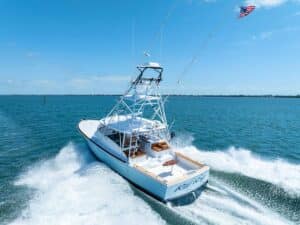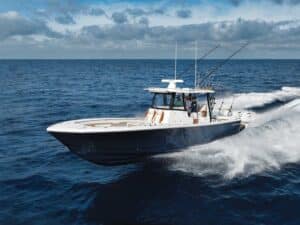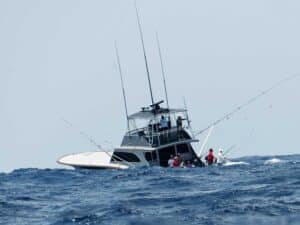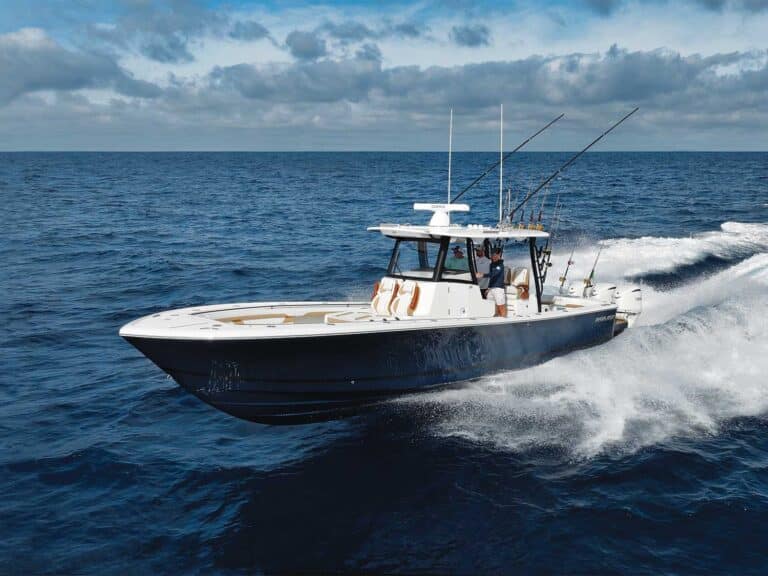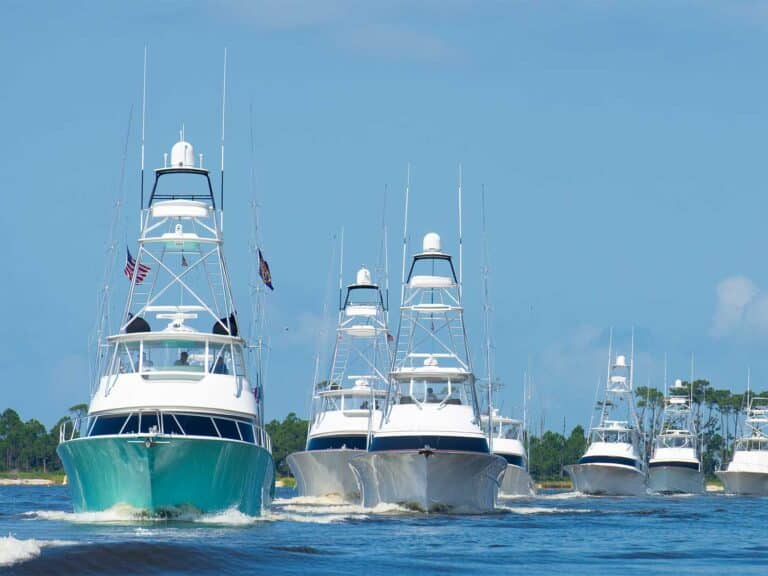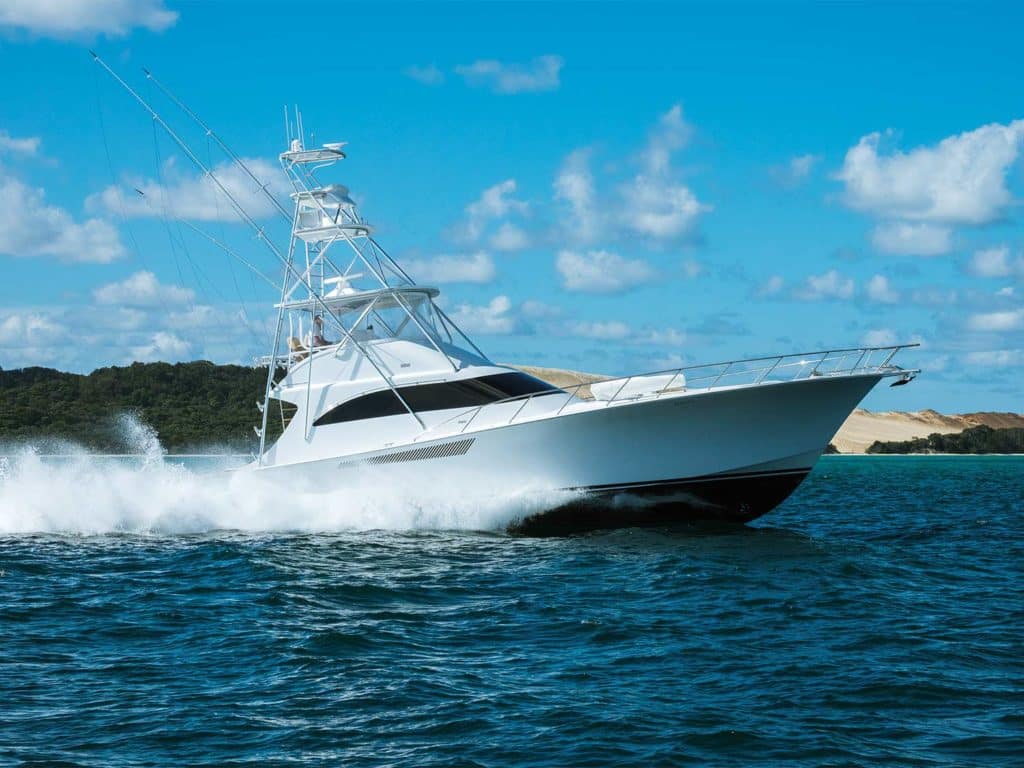
We have many clients who engage us to assist them with the purchase of new, foreign-built boats for use in the United States. There are more boats built overseas than most people realize, and while purchasing a foreign-built vessel can certainly be a viable option, there are several things to consider prior to entering into an agreement and having the vessel delivered to the US.
Domestic versus Foreign
There are substantial building differences between a domestic- and foreign-built boat, especially if the owner plans to use it in the waters of the United States. We commonly see issues arise between the parties after the vessel has already been fully constructed. Thus, clearly identifying the terms of the contract becomes even more critical with any foreign-built vessels. It is important to determine where legal delivery of the vessel will occur, who is arranging and paying for shipping, and who will be responsible for payment of duty in the event it will be paid.
Watch: Check out the ACY 67 here.
From an inexperienced buyer’s standpoint, ideally the vessel is legally delivered in the US, the builder arranges shipping, and shipping costs as well as import duty are included in the initial purchase price negotiated between the parties. This leaves the responsibility of shipping with the party more equipped to handle it and allows the buyer to inspect the vessel in person prior to taking title. It also allows the builder to ensure that the vessel is ready for delivery both cosmetically and mechanically after it is removed from the ship.
Shipping Vessels Overseas
Overseas shipping comes with its own inherent risks. Most builders have experience with arranging transport of their boats to the US, but sometimes the buyer is forced to coordinate shipment. There are numerous vessel-transport companies and freight forwarders, many of which are trustworthy and reputable. However, it is crucial to ensure that the vessel is properly insured for its shipment overseas. Owners must understand that vessels transported on ships are treated as cargo in the eyes of the law. Thus, the builder’s policy will not cover the vessel if it is still owned by the builder once the loading process onto a ship has begun, nor does a vessel’s marine insurance policy provide coverage if title has already transferred to the buyer prior to shipment. As a result, the party responsible for shipment must secure appropriate liability coverage on the vessel prior to departure.
Usage of Vessel in U.S. Waters
American owners should also consider how foreign-built vessels can be used in the United States, especially if they plan to run charters. Specifically, foreign-built boats are unable to obtain a coastwise endorsement from the US Coast Guard. Generally, coastwise trade involves the transportation of passengers and goods in US waters, and without such an endorsement, a vessel is unable to run time and voyage charters. A standard OUPV six-pack charter on a typical sport-fishing vessel typically falls under the definition of a time and voyage charter, so it is important for buyers to analyze their options before purchasing any foreign-built vessel.
Read Next: Build a tournament-winning team with these tips.
MARAD Waiver
The Passenger Vessel Services Act contains language authorizing the Maritime Administration, known as MARAD, to waive the US build requirement and allow vessels to hold a coastwise endorsement if certain conditions are met. These waivers can be performed if, among other requirements, the vessel is owned by a US citizen or entity, the vessel is at least three years old, it is intended to carry passengers only, and will carry no more than 12 passengers when in service. The waiver will be granted if MARAD determines it will not negatively impact US-based builders or the coastal-trade business of any party using domestic-built vessels. This waiver can be a useful option for owners if they wish to run charters on a foreign-built vessel, but it is not available to newly constructed boats.
There is an ever-growing list of high-quality foreign-based vessel manufacturers. Purchasing foreign-built boats is a legitimate option for buyers in certain scenarios, but it is important for prospective owners to be familiar with common contractual roadblocks and understand vessel limitations, if any, in US waters.
Raleigh P. Watson is a contributing author, and a Partner at Miller Watson Maritime Attorneys.
